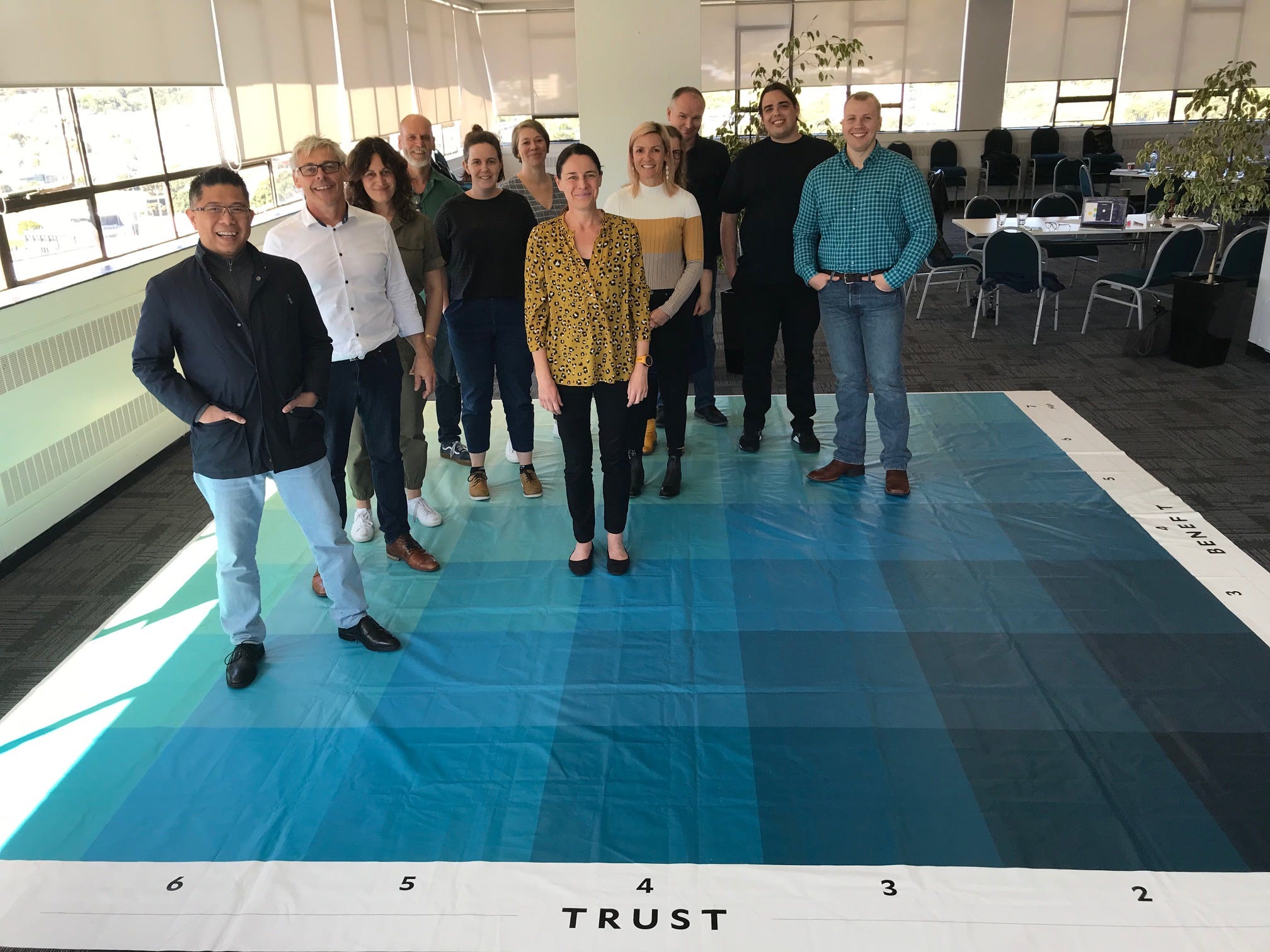
The New Zealand Tech Alliance is a group of independent technology associations from across New Zealand that work together to ensure a strong voice for technology.
Visit Tech Alliance

The New Zealand Tech Alliance is a group of independent technology associations from across New Zealand that work together to ensure a strong voice for technology.
Visit Tech Alliance
By Mitchell Pham, Chair of the Digital Council for Aotearoa New Zealand.
Last week we started an intense period of analysing the findings from our workshops on trust in automated decision making. People from across Aotearoa have shared their experiences, hopes and challenges around automated decision making through our participatory design workshops.
Our job now is to honour what they told us.
We’ve sought out those who are not often heard (or who often may not feel heard) in digital decision-making — Māori, Pasifika, people with disabilities, ethnic communities. Because we believe that, in designing for them we design for everyone.
Members of these communities were at the centre of our minds last Friday as Council members, the Toi Āria research team and Brainbox started digesting and making sense of what we’re hearing and noticing. To help us revisit the voices of those we heard from, we placed ourselves on the Comfort Board — a tool we’ve been using to help people articulate their levels of trust in relation to automated decision making scenarios.

People want:

Of course, if the answers were easy, we’d be doing them already. Algorithms can simultaneously provide enormous benefits alongside the potential for enormous harm. Humans and computers can both make harmful decisions. There may be times when it’s better that a computer makes a decision without a human bias. Then there are tradeoffs between accuracy and fairness. An algorithm can accurately record data, but is it fair that the data is recorded or used? When and how do we record what matters to people rather than what’s the matter with them? When and how do we show progression rather than moment-in-time?
As we’ve been exploring trust in automated decision making, we’ve also been questioning our own questions. Why are we focused on building trust? Is trust enough? Human rights and ethics also come into play — just because people trust something, doesn’t mean it’s ethically sound. If we reach a state of improved trust in automated decision making, will that shift in trust have further effects that we haven’t even anticipated yet?
The Council has a path for working from these tensions and dilemmas towards some realisable and tangible outcomes.
One of the most important pieces of advice that we’ve been given from New Zealanders, and a key learning from overseas jurisdictions is that communities should be involved in determining the solutions and in implementing them.
As a Council we’re committed to being that bridge between communities and decision makers.
We’re aware that both would like to see quick action. This will be balanced against getting some traction and action that is systemic and long lasting. We don’t believe in picking the low hanging fruit and thinking a job is done. We believe in nurturing the tree that grows the fruit, and nurturing its surrounding environment. This is the message we’ll be taking to the government.